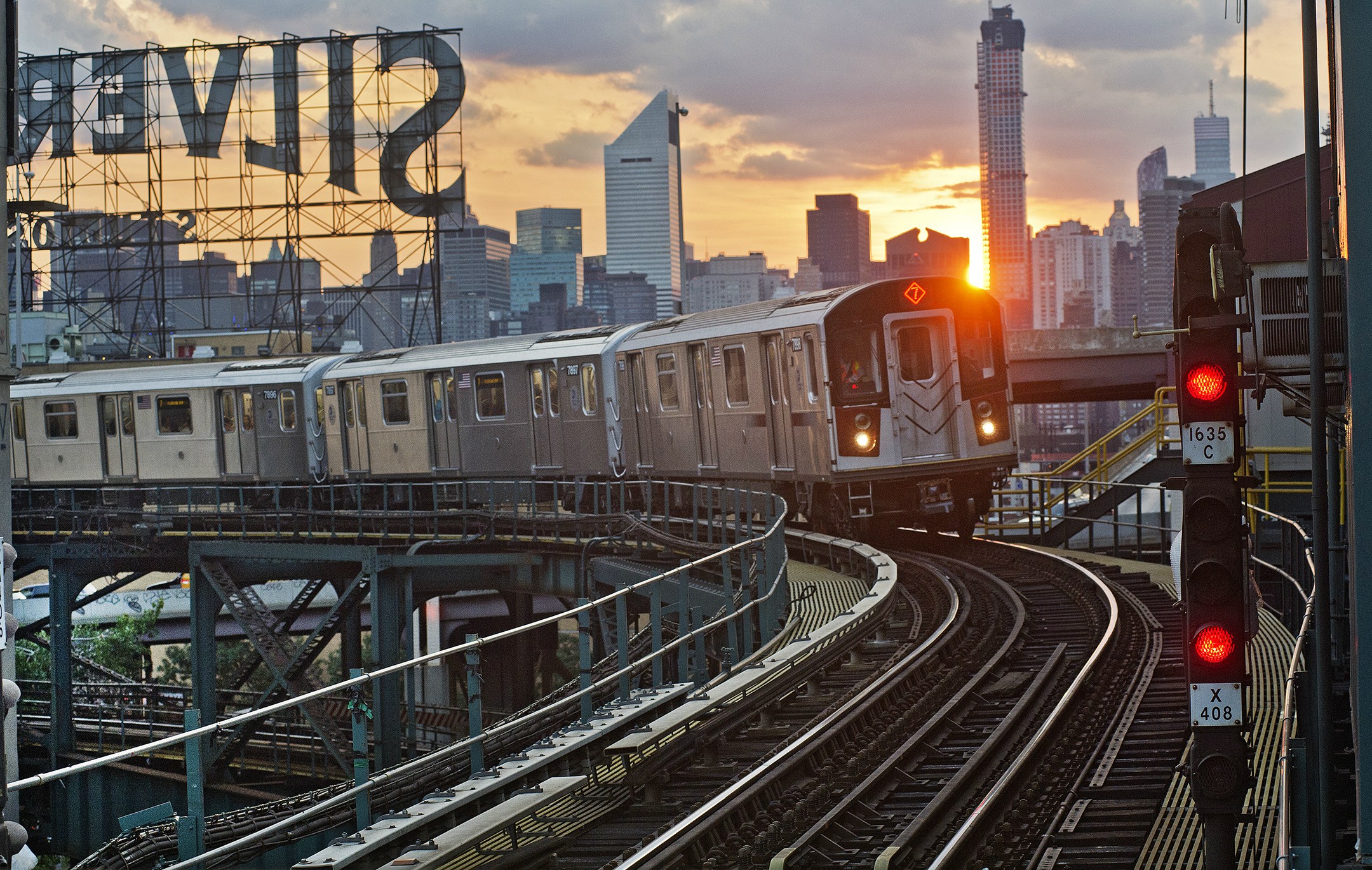Solving the Transit Financing Puzzle
America’s legacy transit systems are struggling. From Boston to New York to Washington, maintenance has been neglected, antiquated train cars continue to roll, and bus services struggle to retain riders. Fixing these problems requires money, but cities are divided on who should pay.
Andrew Cuomo, governor of New York, has proposed using a congestion fee on downtown drivers to raise the dollars to subsidize New York City transit. WMATA, which manages the Washington, DC, transit system has repeatedly lobbied for transfers from state governments and, to a lesser extent, regional municipalities. Gasoline taxes are an existing source of transit funding, and increases are regularly proposed as a way to stop the bleeding.
Many of these ideas make some intuitive sense. Economists are typically fans of roadway congestion pricing as a means of rationing scarce road space. Gasoline taxes work similarly, although in a far less efficient way, and using them to fund transit runs into problems. The level of taxation that corrects for congestion is not necessarily aligned with the funding needs of regional transit agencies.
If there is no substantial link between the tax impact and funding needs, the case for using the fee over general tax revenues to pay for transit weakens dramatically. Congestion fees also charge all road users who enter the city, meaning the incidence falls more on suburban commuters and tourists than funding through general-fund dollars.
Washington is on the right track in its quest for a dedicated funding source, even if their ideas might not be the best for them. Using general-fund tax dollars to fund transit can make more sense than a weak user fee if transit matters enough to local voters. If citizens demand more transit service, general-fund dollars may be the most direct user fee available in as much as politicians are forced to cater to transit users. Processes that generate necessary coordination between funding agencies give rise to regular for opportunistic politicians looking to foist costs on to their peers
In one city, transit users can form a cohesive voting block that gives politicians an idea about how much transit to provide. Urban politicians can act on voter demands through directly spending taxpayer dollars on transit. This has the benefit maximizing transparency and democratic accountability.
When a transit agency is spread across many municipalities, politicians in different parts of the region often have different goals. Voters struggle to pinpoint who to blame for bad or inefficient transit service. This can lead to conflict, such as Maryland’s threat to join Virginia to disband the Washington transit agency’s board of directors. In these places, congestion fees can take the politics out of transit finance.
Aligning the goals of transit users and transit funders requires costly political changes that come with their own problems, but agencies must address their funding deficiencies if they hope for a future beyond rusty rails, crumbling concrete, and broken-down buses.
Images: Metropolitan Transportation Authority of the State of New York.









